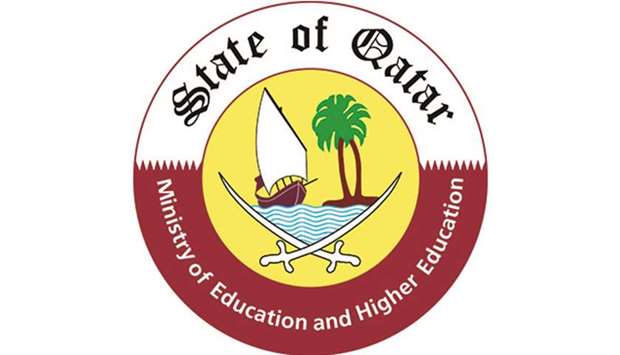The Cabinet has given its nod to a draft law that seeks to regulate the work of higher education institutions in Qatar and determine the mechanism for obtaining necessary licences to carry out their work.
The draft law was prepared by the Ministry of Education and Higher Education, the official Qatar News Agency (QNA) reported yesterday.
Under the terms of the law, the ‘Higher Education Policy Council’ headed by HE the Minister of Education and Higher Education will be established at the ministry. It will include a vice-president, nine members with due experience and high academic stature with regard to higher education affairs, representatives of the ministry, and heads of state and private higher education institutions.
The council shall have a number of functions, including the adoption of policies and strategies pertaining to higher education, proposals for the establishment of government institutions and programmes in accordance with the higher education policy of the State and its needs, the standards and procedures for licensing private institutions as well as granting and revocation of licences for private institutions and their programmes, according to QNA.
After chairing the cabinet’s weekly meeting at Emiri Diwan yesterday, HE the Deputy Prime Minister and Minister of State for Cabinet Affairs Ahmed bin Abdullah bin Zaid al-Mahmoud said the Cabinet took the necessary measures to pass a draft law on the ‘national address’ after reviewing the Advisory Council’s recommendations on the matter.
The draft law defines the ‘national address’ as data obtained by a natural or legal person - a citizen or an expatriate - through which his/her transactions with government and non-government entities are carried out.
Such a person has to submit his/her ‘national address’ to the competent administrative unit at the Ministry of Interior (MoI) in accordance with the method and period specified by the MoI. Judicial declarations and official notifications delivered to the national address shall be considered valid, the report states.
Last month, the Advisory Council was briefed on the report of the Internal and Foreign Affairs Committee on the draft law on ‘national address’. The council approved the draft law and decided to submit its recommendations to the Cabinet.
The Cabinet also approved a decision to establish the ‘Committee on Policies for Financing State Projects’ headed by HE the Minister of Finance, a representative of Qatar Central Bank and a representative each from Qatar Investment Authority and Qatar Petroleum.
The committee shall be responsible for examining financing strategies and plans for securing the loans required by a number of entities, including ministries, government agencies and public bodies and institutions. It aims to avoid the negative effects of competition on the available liquidity to borrow from domestic and international finance markets as well as monitoring existing borrowings and following up on their repayment.
In order to do so, the committee shall undertake all necessary work to carry out its functions, especially by determining the target size of loans, the time of entry into the finance markets, and developing methods and establishing financing conditions to ensure liquidity required to cover projects at an acceptable cost.
The Cabinet also took the necessary measures to ratify an agreement on the Promotion and Protection of Mutual Investments between the governments of Qatar and the Philippines.
A memorandum of understanding between the Foreign Ministries of Qatar and Serbia on the establishment of political consultations on issues of common concern was ratified.
Also approved was a draft air service agreement between Qatar and the Netherlands concerning Saint Martin.
Further, the Cabinet reviewed a proposal of the Foreign Ministry to amend some of the provisions of Emiri Decree No 14 of 1998 on the Establishment of the Permanent Qatari Committee for the Support of Al-Quds and took the appropriate decision.
Also reviewed and decided was a letter from the Ministry of Transport and Communication on a report on the digital services provided by government agencies until the end of the first quarter of 2017.

higher
